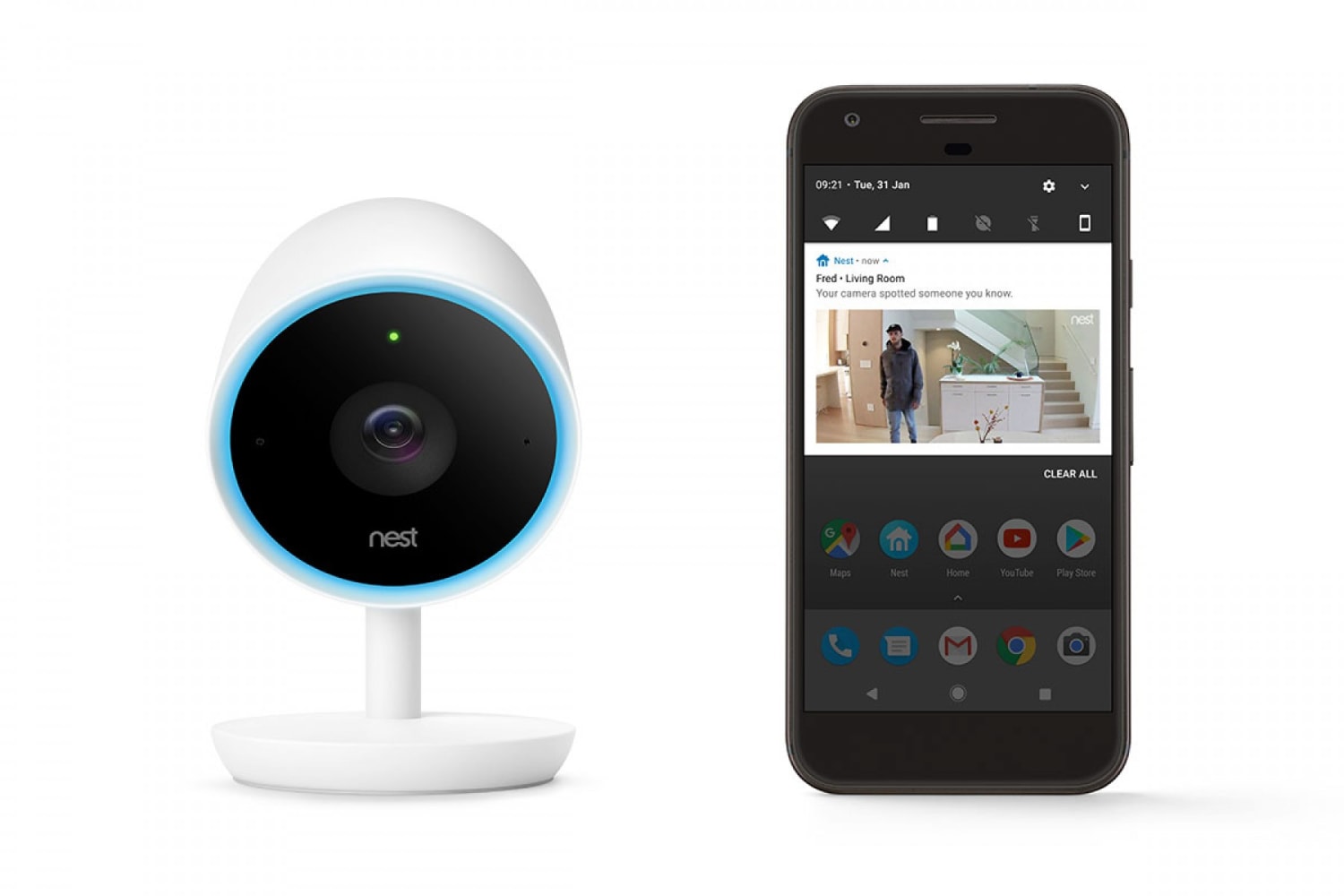Facial recognition technology is often associated with surveillance, but companies are now developing it as a secure, efficient tool for a range of transactions—if consumers can be convinced of its benefits.
Facial recognition technology is not new. In fact, the Innovation Group has previously covered Blippar’s facial recognition tool, which integrated with an AR social network to identify users by scanning their face. But today, facial recognition technology is becoming reliable enough to be used in a range of commercial contexts.
“Facial recognition has existed for decades, but only now is it accurate enough to be used in secure financial transactions,” wrote Will Knight in the February MIT Technology Review. “The new versions use deep learning, an artificial-intelligence technique that is especially effective for image recognition because it makes a computer zero in on the facial features that will most reliably identify a person.”
Several companies are already beginning to introduce facial recognition technology in a security setting. Launched this week, the Nest Cam IQ uses facial recognition technology to differentiate between friends and family members, or a stranger. Rather than just alerting users to activity, the $299 Nest Cam IQ can tell if a figure is an unfamiliar face or just the family pet.
“People don’t want more information, they want insights,” said Matt Rogers, co-founder and chief product officer of Nest, in a release. “So we combined intelligence with excellent image and sound quality to deliver the insights customers need, at the right time. These insights can range from telling you the kids are home from school to sending an alert if an unfamiliar person is in the living room.”



